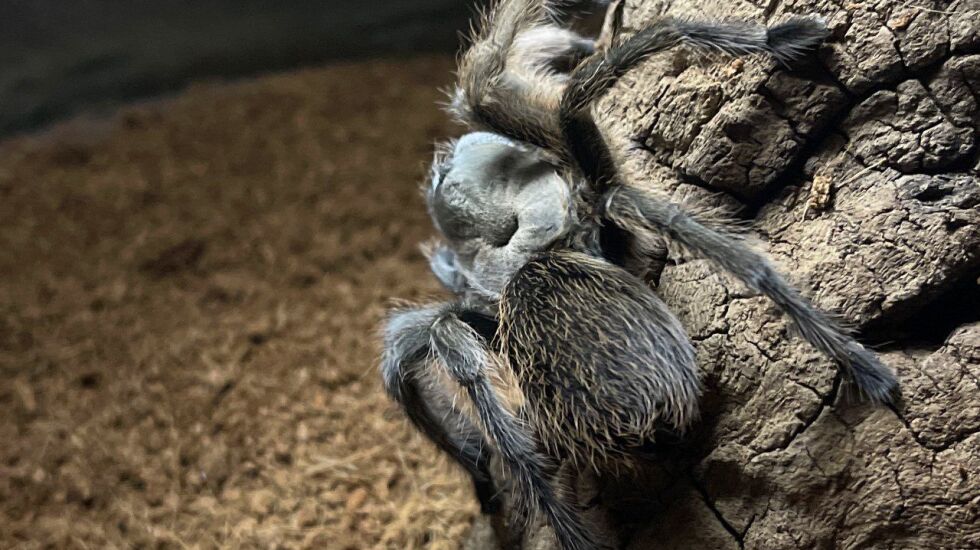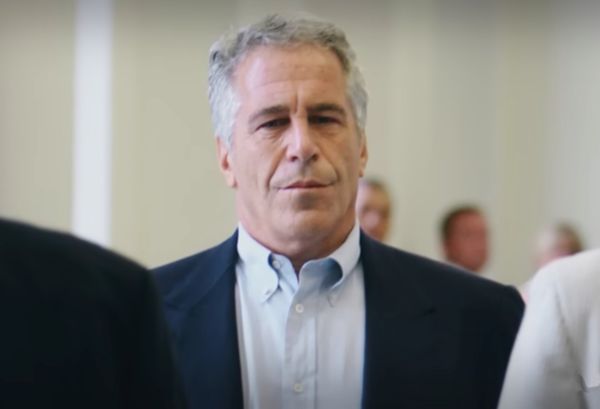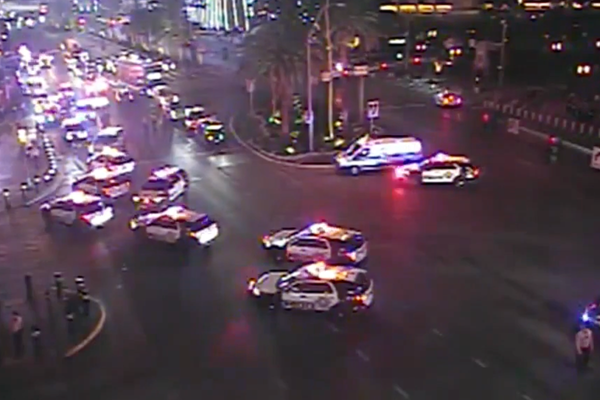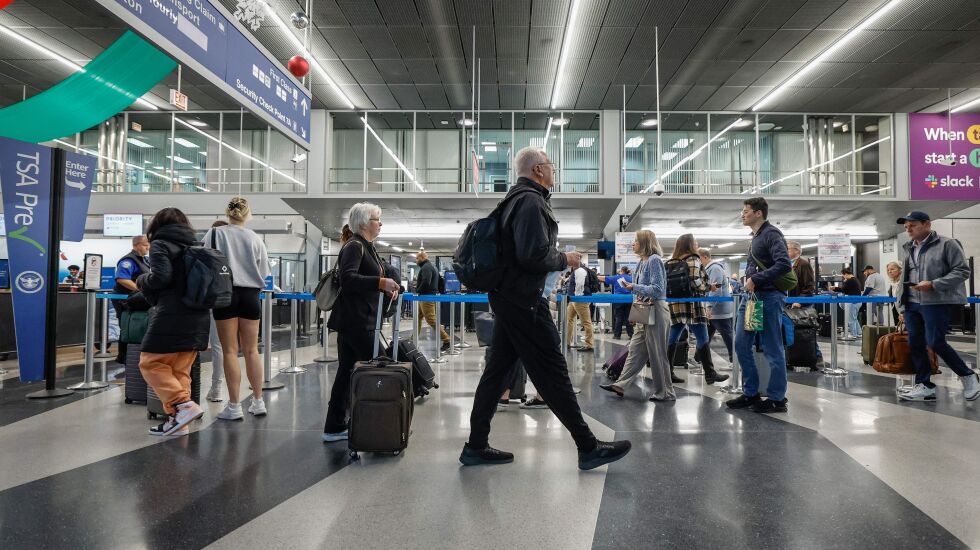
Chicagoans are expected to fly in the largest numbers on record this holiday season, but advocates are asking travelers to help address a different kind of travel that also increases this time of year that’s putting wildlife at risk.
Wildlife trafficking is prevalent during the busy holiday travel season, according to Lincoln Park Zoo, which is working to raise awareness of the issue with the public and enforcement agencies.
Lincoln Park Zoo announced that it would be the first North American zoo to partner with Monitor Conservation Research Society, which researches wildlife trafficking and trends, according to a news release Monday. Lincoln Park Zoo will support Monitor, which is based in Canada, with research that will help identify threats to wildlife and trends among trafficked animals.
“The [illegal wildlife] trade has already wiped out a lot of species,” said Chris Shepherd, executive director of Monitor Conservation. “So if something isn’t done, if the public doesn’t become more aware and conscious of this and more responsible with their behavior and their buying, we’re going to lose a lot more species.”
Commonly trafficked animals include snakes and freshwater turtles from Southeast Asia and South America, which are smuggled into the United States to be sold as exotic pets, Shepherd said.
Most recently, Lincoln Park Zoo received confiscated box turtles that were going to be exported out of the United States from O’Hare Airport, said Sunny Nelson, vice president of conservation and science, at the zoo.
Lincoln Park Zoo works with 272 trafficked animals that were confiscated over a 25-year period by U.S. Fish and Wildlife Service (USFWS) from O’Hare, curator Dan Boehm said at a Tuesday press conference.
Animals that are smuggled often can’t be reintroduced to their habitat for various reasons, such as their origin is unknown or most countries don’t have a system for “repatriating” animals, or returning them to their natural habitat.
And, perhaps surprisingly, animals smuggled through airports like O’Hare aren’t detected as frequently as expected. Due to the volume of people moving through airports, as well as skills that traffickers use in hiding animals, many traffickers are able to avoid detection, Shepherd said. Some traffickers may also use falsified permits, he said.
Lincoln Park Zoo works to mitigate this with USFWS, which has wildlife detection dogs that are trained to sniff out animals and animal products, including those of the critically endangered black rhino, Nelson said.
Trafficking animals doesn’t just contribute to the extinction or endangerment of species but also can lead to fines and potential prison time for those caught with them.
To raise awareness this holiday season, Lincoln Park Zoo unveiled an exhibit in Terminal 5 at O’Hare that explains the dangers of wildlife trafficking. The exhibit asks travelers to “Pause Before Posting” and avoid taking pictures with exotic animals, especially those kept in poor conditions, and to “Ask For the Origin” to avoid buying illegal products or animals.
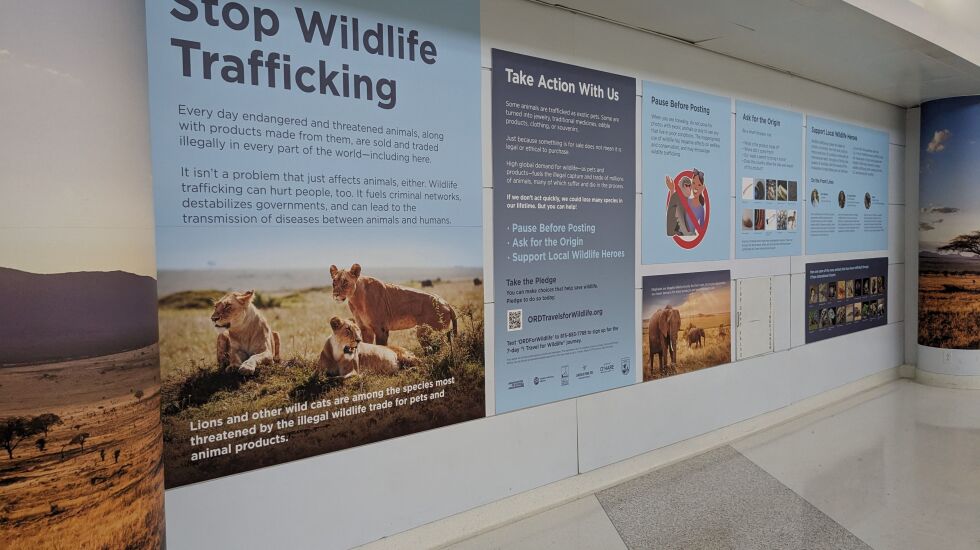
Shepherd said the thought of trafficking makes him think of the breakdown of the ecosystem.
“We’re seeing ecosystems start to crumble and disintegrate and fall apart because of the loss of species, and that’s gonna affect all of us,” he said.
For those traveling this season, Shepherd said they should do research before buying any “exotic pets” or animal products.
“If they can’t be sure that it’s from a legal source, or from a sustainable source … then really they should just not buy it, just avoid it and ensure that they’re not going to be part of the problem,” he said.
